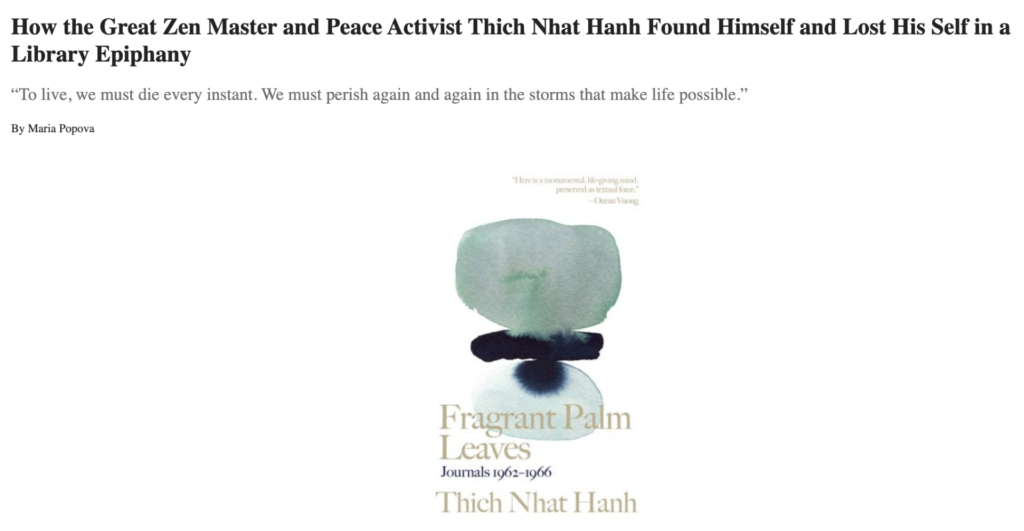Study Shows How Important This Nutrient Is For The Heart—But You Lose It With Age
No it's not fiber.

Advertisement
This ad is displayed using third party content and we do not control its accessibility features.

Registered Dietitian Nutritionist
Registered Dietitian Nutritionist
Molly Knudsen, M.S., RDN is a Registered Dietician Nutritionist with a bachelor’s degree in nutrition from Texas Christian University and a master’s in nutrition interventions, communication, and behavior change from Tufts University. She lives in Newport Beach, California, and enjoys connecting people to the food they eat and how it influences health and wellbeing.
Image by Kike Arnaiz / Stocksy December 06, 2024 When you think of nutrients for heart health, fiber, and fish oil are likely to top the list (and they are good ones to focus on). But an emerging nutrient of interest for cardiovascular health is an amino acid called taurine. You may recognize taurine as it’s often added to energy drinks for further cognitive benefits. However, when taken as a supplement, taurine has been shown to have some major cardiovascular perks. Researchers pooled data from 20 randomized-controlled trials to evaluate all the current evidence on taurine and heart health1. They found that it’s particularly beneficial in improving four measures of heart health. Here’s what you need to know. 
Taurine’s impact on heart health
For this large analysis, researchers looked at data from 808 people (across those 20 studies) to see how taking taurine impacts common measures of heart health and cardiovascular disease progression: heart rate, blood pressure, pumping efficiency, and heart function.
Results showed that taking taurine:
Researchers also found that these were dose-dependent effects: meaning higher taurine doses had a greater impact than lower doses.
It’s important to note that this reduction in heart rate was linked to a decreased risk of heart disease and lower mortality rates—particularly in those who already had signs of poor heart function.
But best of all, taurine benefited everyone. The analysis accounted for diverse populations (as it included studies from countries all over the world like Japan, Russia, Iran, China, & Canada) as well as healthy individuals and those living with heart failure.
What is taurine so good for heart health?
Now, amino acids are most known for their role in building muscle, so why is this one so beneficial for heart health? Taurine is a free amino acid, meaning it’s found on its own (and doesn’t get used up in muscle protein synthesis).
Instead, taurine is found in high concentrations in different body tissues2—especially the heart.
These mechanisms align with the benefits observed in this new large analysis.
How to get more taurine
Taurine can be readily found as a supplement, either in a capsule or as a powder.
This latest review found significant effects of taurine in doses ranging from 1.5 to 6 grams a day—with more benefits seen at the higher end of the range.
Again taurine is a supplement that may benefit just about anyone, but especially those who are looking to manage suboptimal heart health (after all, over 45% of U.S. adults4 have hypertension) and even metabolic health. Not to mention, we know taurine levels in the body decrease with age5, and being intentional with supplementation after in your 50s and beyond becomes especially important.
The amino acid has also been studied for its role in athletic performance (think building strength and power), in turn, improving your physical fitness that also strengthens your heart health.
If you’re looking to target these multiple aspects of your health, consider a taurine supplement that’s paired with other beneficial compounds—like creatine. Taking these two compounds together is a great way to get your health back on track.
The takeaway
Taurine may not be the most recognizable nutrient, but it deserves a spot on your radar. While the body synthesizes some amount of this amino acid (from other amino acids), research shows that supplementing with enough of this crucial compound is most linked to its cardiovascular benefits.
Considering that many of us have higher-than-desirable- blood pressure levels, including taurine in your routine is an easy, yet effective way to protect your heart.

 Tfoso
Tfoso 
































